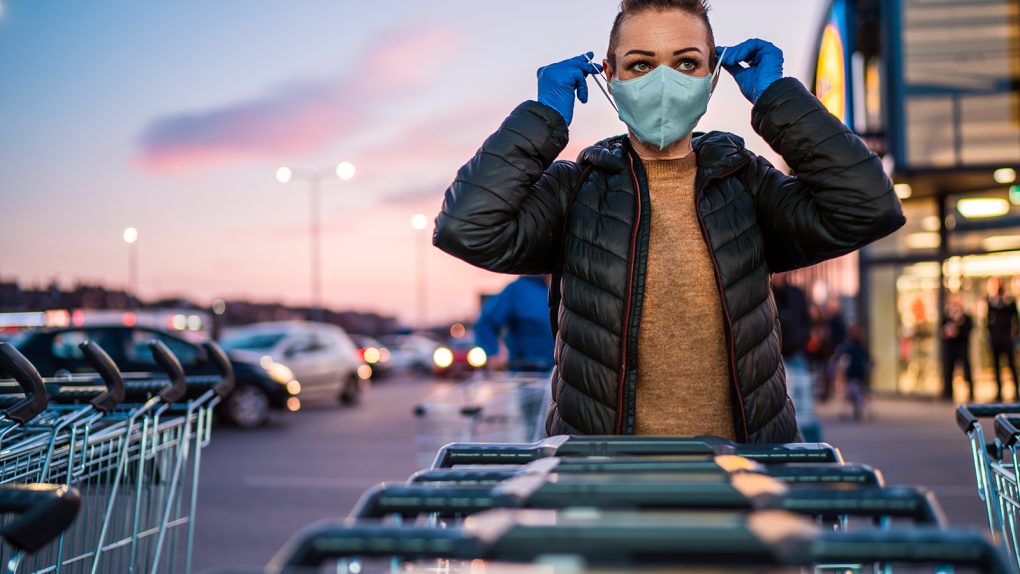- A new coronavirus update from a Johns Hopkins professor predicts some of the best pandemic-related news we’ve heard yet.
- Because of how many people have already been infected in the US as well as vaccinated, this prediction is that herd immunity and normal life will arrive over the next few months, as we get closer to summer.
- So far, more than 28.1 million coronavirus cases have been reported in the US.
Each day’s coronavirus update we report is often based, at least in part, on data derived from Johns Hopkins University’s COVID-19 dashboard, which has been tracking the pandemic since its inception and shows that the US has now reported more than 28.1 million cases and more than 500,000 coronavirus deaths.
This is why it was a little surprising in recent days to see a Johns Hopkins professor, of all people, pen a widely-shared Wall Street Journal opinion piece predicting the following: The COVID news of late is actually better than most people realize, and our “normal” lives might even be in full swing again, or close to it, in a matter of months. Sometime between April and summer.
The writer is Dr. Marty Makary, a professor at Johns Hopkins as well as the Bloomberg School of Public Health. Here’s Dr. Makary’s assessment of where things stand with the pandemic in the US right now:
COVID cases are down 77% over the past six weeks. Based on the number of infections, as many as 55% of Americans may have “natural immunity” to the virus right now, before you even add in the 15% or so who have been vaccinated. That all leads Dr. Makary to the following conclusion: “There is reason to think the country is racing toward an extremely low level of infection.
“As more people have been infected, most of whom have mild or no symptoms, there are fewer Americans left to be infected. At the current trajectory, I expect COVID will be mostly gone by April, allowing Americans to resume normal life.”
That last part should probably be amended to read “resume normal life safely,” since there are many Americans who for one reason or another, perhaps it’s just that they’ve run out of patience, have gone ahead and started throwing caution to the wind when it comes to certain behaviors:
People are openly dining inside with others and partying without social distancing. America wasn't made for this pandemic. https://t.co/xOF9cRfttg
— Wajahat Ali (@WajahatAli) February 23, 2021
Dr. Makary goes on to write that about 1 in 600 Americans has died from COVID-19, which equals a population fatality rate of approximately 0.15%. Because the COVID infection fatality rate itself is about 0.23%, Dr. Makary thinks that means around two-thirds of the US population has already had the infection — which, again, would suggest we’re barreling toward herd immunity and some kind of resumption of normal life. If all that is true.
Former FDA chief Dr. Scott Gottlieb, for his part, told CNBC on Monday that while he disagrees with some of the conclusions in the WSJ piece, “I think the sentiment is right.”
“When you’re getting to 40% or 50% of the population with some form of protective immunity, you don’t have herd immunity but you have enough immunity in the population that this (virus) just doesn’t transfer as readily,” Gottlieb said.
“I do think that as we get into the warm weather, as we vaccinate more of the population and in view of the fact that at least one-third of Americans have had this, I do think that infection levels are going to come down dramatically over the course of the spring and summer.”








